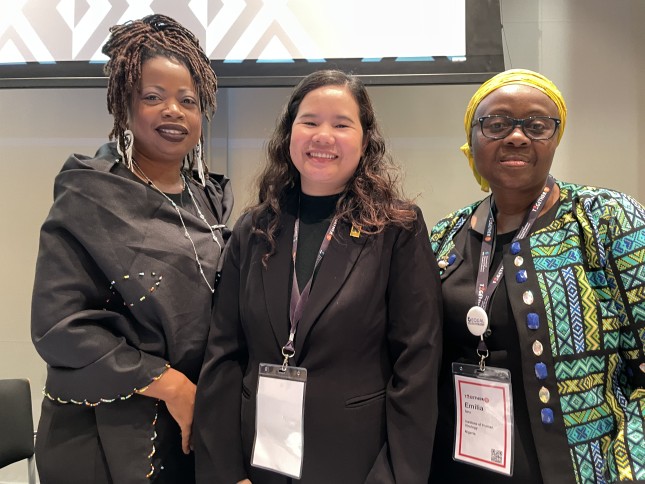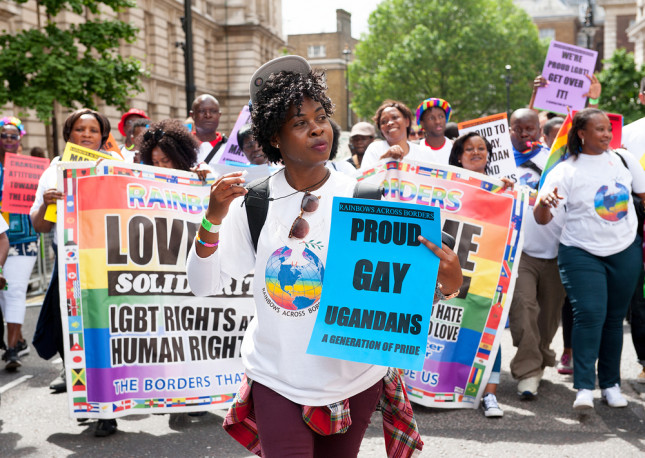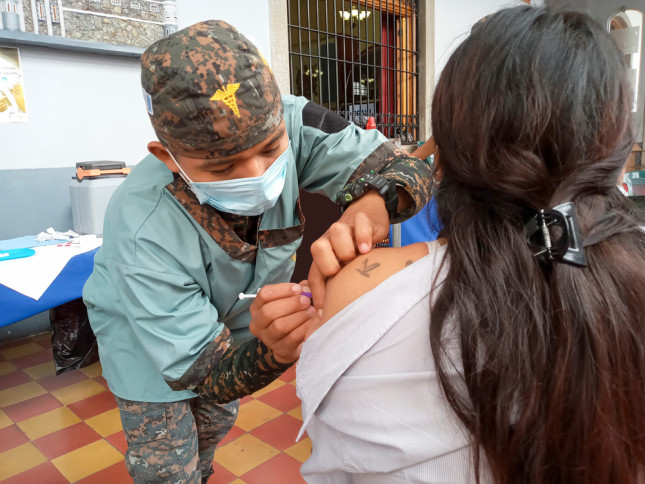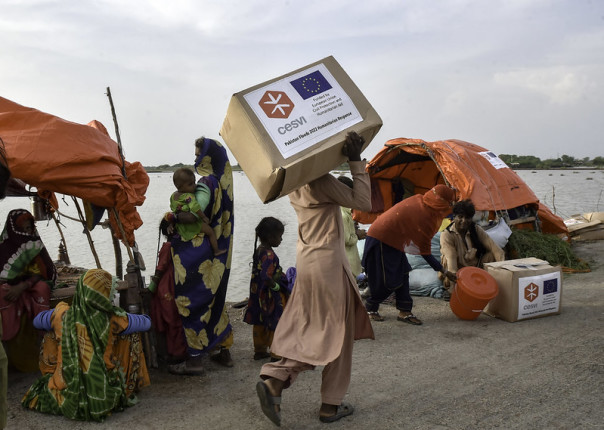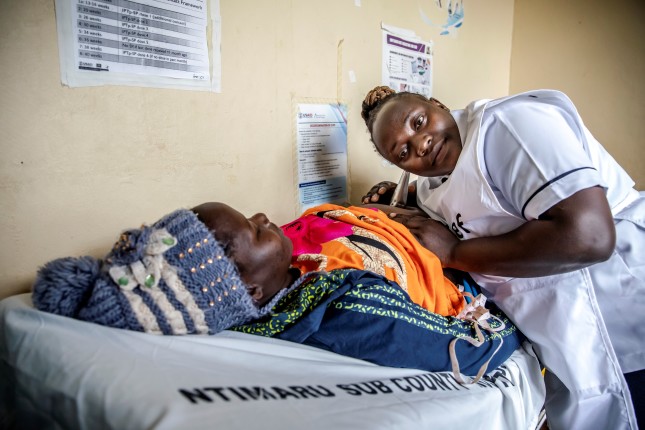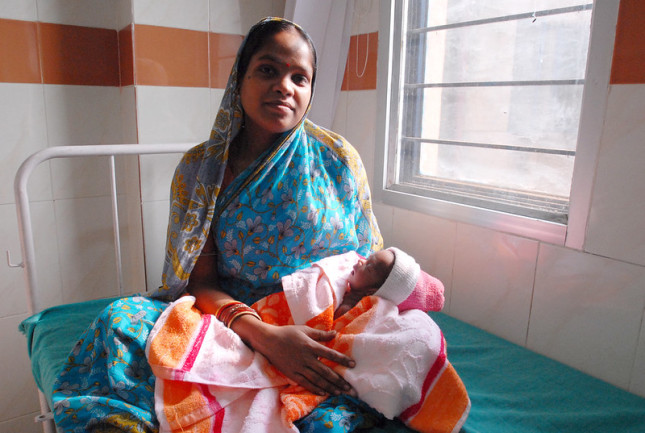-
Understanding El Niño’s Broad and Pervasive Impacts is Essential To Mitigation
›July 10, 2023 // By Danielly de Paiva Magalhães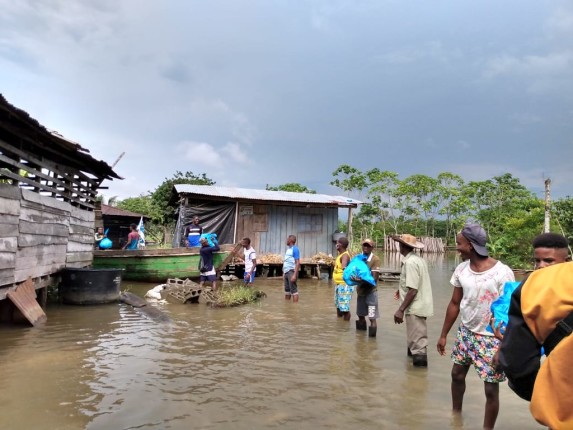
Scientists from the National Oceanic and Atmospheric Administration (NOAA) have predicted an El Niño event between late 2023 and early 2024. El Niño is a complex climate phenomenon characterized by unusually warm sea surface temperatures in the central and eastern Pacific Ocean near the equator that typically happens every two to seven years. This phenomenon amplifies the likelihood of severe weather events in specific regions due to changes it creates in atmospheric circulation patterns, which escalate and initiate consequences for the environment, economy, and human health.
-
Midwives in Humanitarian Settings: Realities of Strengthening an Essential Health Workforce
›
One in every 23 people is expected to need humanitarian assistance in 2023. That is a record 339 million this year alone. During such humanitarian crises, the needs of women, newborns and adolescents are often unmet, with devastating consequences. In fact, in 2023, 58 percent of global maternal deaths, 50 percent of newborn deaths, and 51 percent of stillbirths worldwide occur in the 29 countries with a UN humanitarian response plan or regional response plan.
-
Uganda’s Anti-Homosexuality Act: Criminalization’s Impact on HIV and AIDS Response
›
Four months ago, the resident medical officer at the HIV and AIDS clinic in Kampala, Uganda reported that the clinic treated up to 50 patients a day. Now, the clinic is relatively empty, and supplies of antiretroviral therapy (ART) pile up, unused.
-
Varicella Vaccination: An Essential Part of Latin America’s Public Health and Economy
›
It is a sign of enormous progress that vaccines are currently available to prevent more than 20 life-threatening diseases. And health and economic data supports the widespread benefits of regular access to vaccination in public health. Yet it is estimated that 20 million infants or so each year do not have access to vaccination for a number of diseases, including varicella (also known as “chickenpox”).
-
New Global Health & Gender Policy Brief: The Global Burden of Stillbirths
›
In 2021, 1.9 million stillbirths occurred globally. A baby who dies at or after 28 weeks of pregnancy,* and is born with no sign of life is classified as a stillbirth. Stillbirths can be caused by pregnancy and childbirth-related complications, like hemorrhage, placental abruption, and pre-eclampsia; maternal infections during pregnancy, including malaria and sexually transmitted infections; prolonged pregnancy to 42 weeks or more; and pre-existing health conditions. Other risk factors include maternal age and smoking during pregnancy.
-
Rethinking Population, Climate, and Health: Focusing on Solutions
›
News about global climate impacts that elevate mortality, wreak weather havoc, and create massive displacement is inescapable. And those are just the stories that make the headlines. Droughts in Africa are estimated to impact 250 million people and displace 700 million more by 2030. Climate impacts brought on by El Niño are devastating the food supply chain, exacerbating Guatemala’s struggle to reduce childhood malnutrition.
-
Midwives Lead the Way: The 5th Global Midwifery Symposium
›
Midwives play a central role in maternal and newborn health. So, it is fitting that their efforts took the spotlight at a two-day event – The 5th Global Midwifery Symposium – held during the first ever International Maternal and Newborn Health Conference (IMNHC) in May 2023 in Cape Town, South Africa.
-
Delivering Dignity: The Importance of Respectful Maternity Care
›
Women who are treated with respect and dignity during childbirth are more likely to have positive birth experiences, feel empowered to make informed decisions about their care, and have better health outcomes for themselves and their newborns.
Showing posts from category global health.


